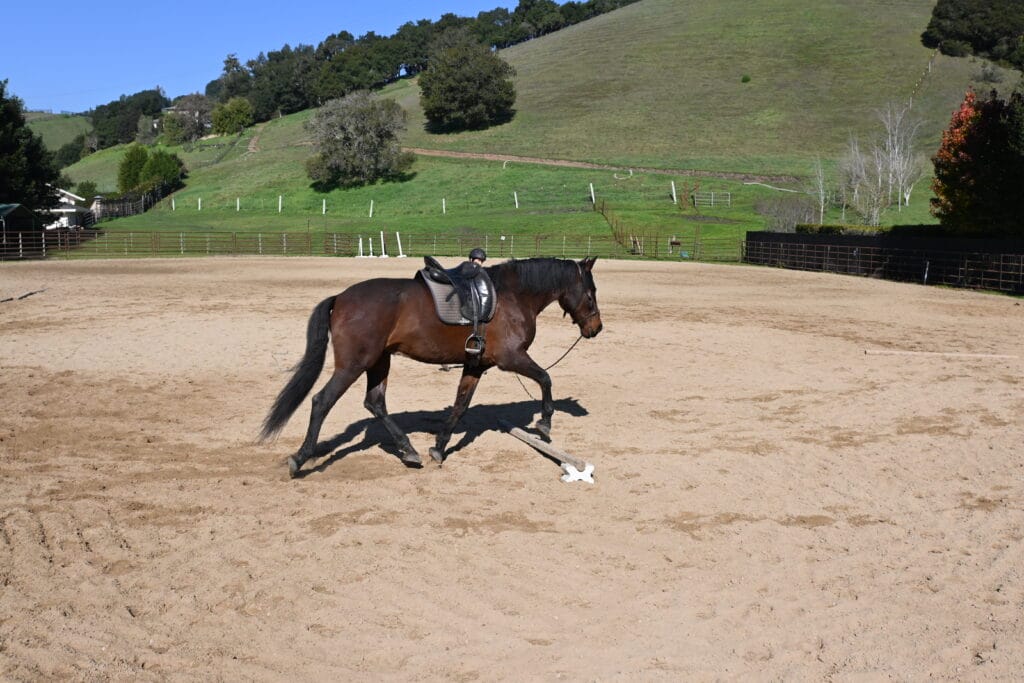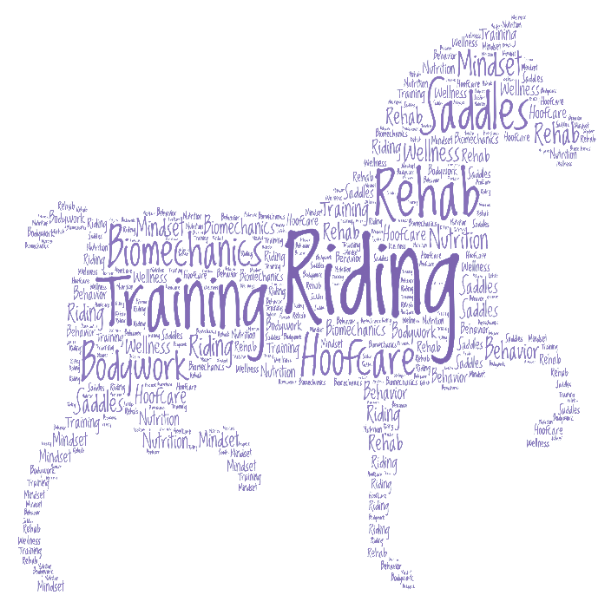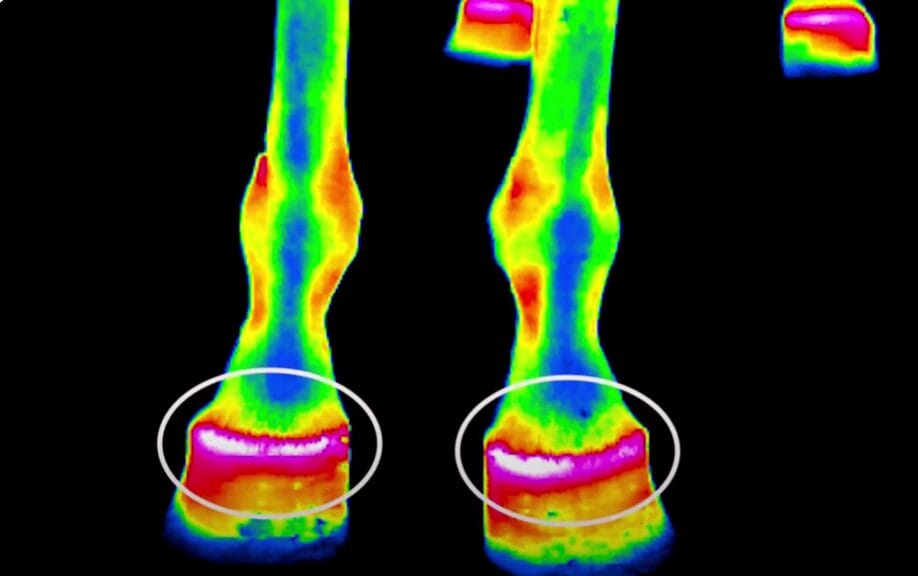
Interviewing Potential Horse Trainers
Once you are confident in your philosophy of how you want you and your horse to learn, interviewing potential resources is the next step.
Here are some key aspects to consider as you embark on this task:
- Educational Background and Certifications: Begin by inquiring about the trainer’s educational background and any certifications they may hold. Although certifications aren’t mandatory in the industry, a commitment to ongoing education and accreditation can be indicative of a conscientious professional.
- Training Philosophy: Delve into their training philosophy. Are they aligned with principles that prioritize positive reinforcement, understanding equine behavior, and fostering a partnership with the horse? Do they always consider the whole horse/whole rider situation?
- Observation Opportunities: A reputable horse trainer should be open to allowing potential clients to observe their training sessions. This offers insight into their methods, the environment in which they work, and the overall atmosphere of the training facility.
- Unannounced Visits: Can you visit without an appointment? The transparency of a trainer who welcomes unannounced visits speaks volumes about their confidence in their practices. Being able to witness the day-to-day operations can reveal the true nature of the trainer-horse relationship.
The more aware and knowledgeable you are when it comes to recognizing horses that are physically, mentally and emotionally prepared for their job, the better you can evaluate training methodologies.


